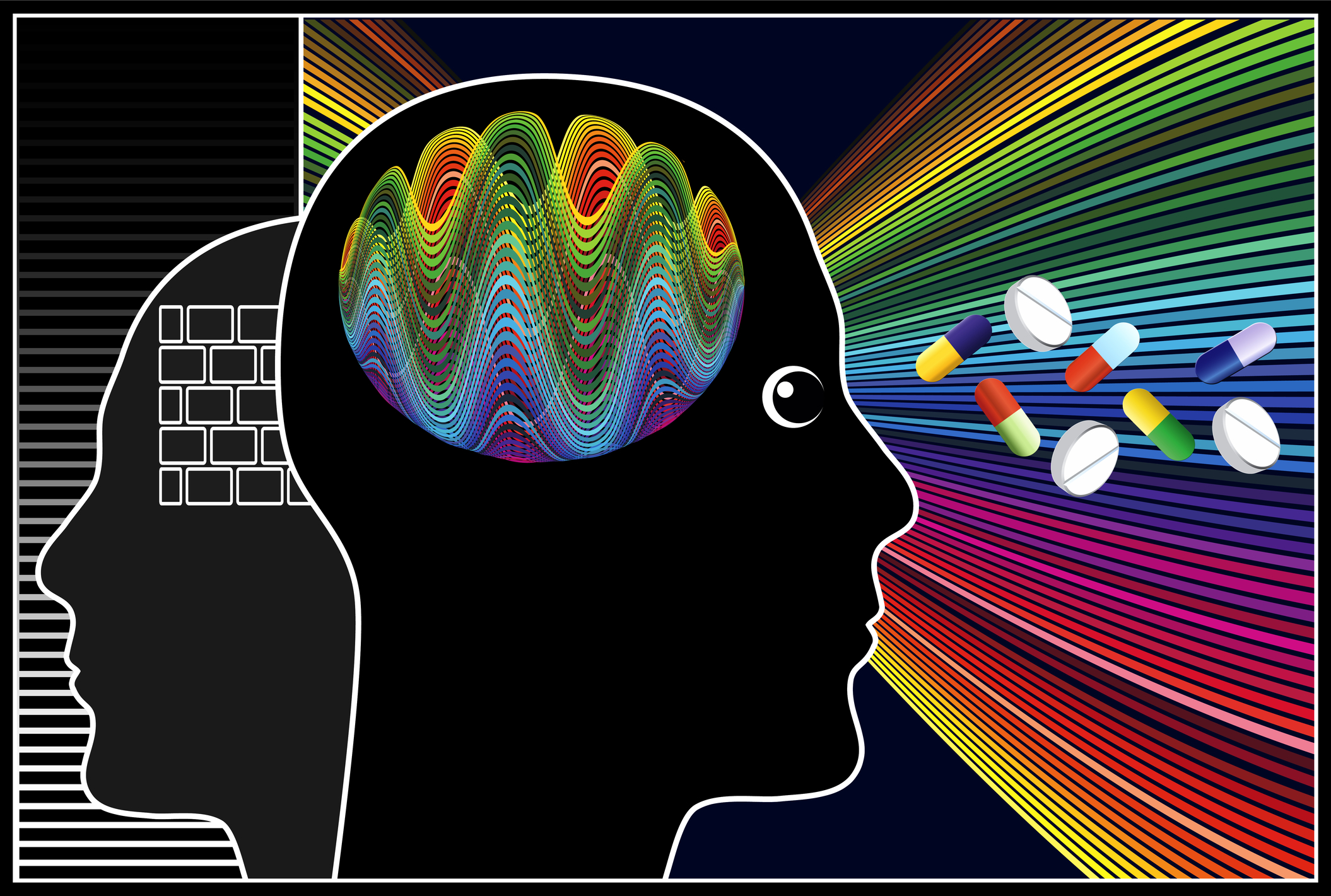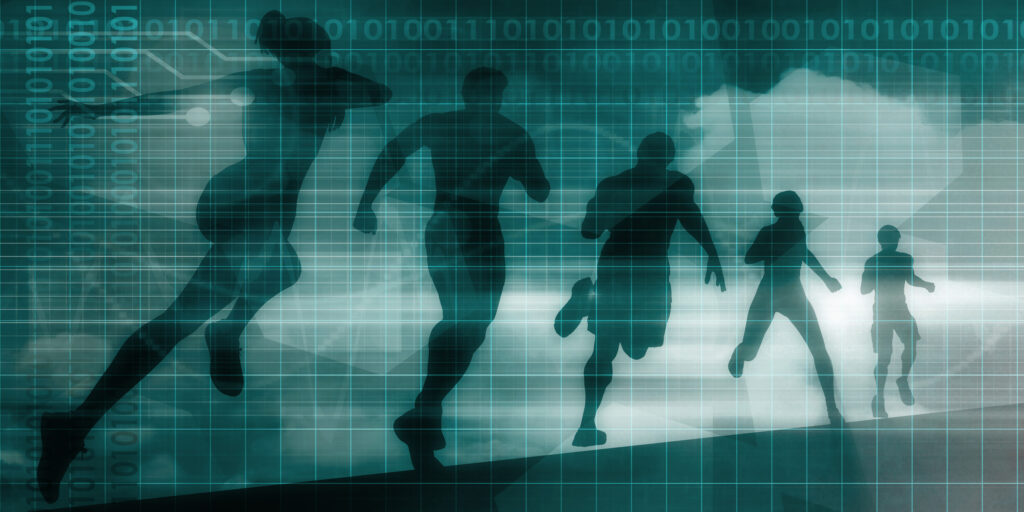There are a lot of individuals who would like to keep their brains healthy and sharp. Others are taking special substances known as nootropics to improve memory, concentration, and learning.
Nootropics are medications supposed to improve the mental processes, especially memory, attention, creativity, and initiative. These are also known as cognitive enhancers or smart drugs, and they have become popular among students, professionals, and anyone willing to improve the performance of their brain.
This content shares the definition of nootropics, what science has to say about it, and how to use them safely.
Types of Nootropics
Some of the nootropics are found in plants and foods, but others are artificial chemicals that were created in laboratories. Scientific research on nootropics seeks to comprehend their mechanism, benefits, and safety; however, one should be critical of claims and only refer to evidence-based information.
1. Natural Nootropics
Natural nootropics are primarily derived from traditional medicine and dietary supplements. As an illustration, Bacopa monnieri is a plant that is widely investigated in Ayurvedic medicine as having the potential to enhance memory and learning. It has been demonstrated that Bacopa can improve cognitive performance by altering the activity of neurotransmitters and suppressing oxidative stress and inflammation in the brain.
A controlled trial in Psychopharmacology revealed that healthy adults using Bacopa extract for several weeks exhibited better memory tasks than those using a placebo, which signals that Bacopa extract will be an effective cognitive enhancer.
Caffeine
One of the most popular psychoactive drugs in the entire world, caffeine is also famous due to its effect of promoting alertness. It acts by blocking the brain adenosine receptors, which helps to decrease tiredness. It is an established fact that moderate consumption of caffeine may enhance attention, reaction time, and concentration.
Nevertheless, too much caffeine may be very dangerous as it may result in nervousness, insomnia, and heart rate may go up hence, moderation is important.
L-Theanine
Interestingly, L-theanine, an amino acid that is contained in tea leaves when mixed with caffeine, seems to induce a state of alert but in a calm state.
A study in Biological Psychology has indicated that L-theanine is capable of alleviating stress as well as enhancing concentration without the nervousness effects that are typical when using caffeine by itself.
2. Synthetic Nootropics
Other than the herbal and dietary compounds, there is also the category of nootropics, which are synthetic drugs that treat a neurological or psychiatric condition. These are the drugs used in attention-deficit hyperactivity disorder (ADHD) or treatments of Alzheimer’s disease, like methylphenidate and donepezil.
Although these substances can enhance the cognitive functions of those people who have specific conditions, their application in non-diagnosed individuals is still a controversial issue because of the side effects and ethical issues. Taking such medications requires medical management.
Vitamins and Minerals for Brain Health
Vitamins and minerals are also very important in the development of the brain and intellectual functioning. Nerve, neurotransmitter production, and homocysteine regulation. B vitamins, particularly B6, B9 (folate), and B12, are required to sustain nerve activity, neurotransmitter synthesis, and homocysteine regulation, which, in excess, are associated with cognitive impairment.
Research has established that B vitamins in sufficient quantities maintain memory and can prevent dementia in elderly people. Nevertheless, the benefits of supplementation are found most in the person with a deficiency or high levels of homocysteine compared to the general population.
Safety and Side Effects
The use of nootropics has a significant safety factor. Nature-derived drugs such as Bacopa and L-theanine tend to be relatively safe, in terms of side effects, and tolerable, but synthetic medications can have risks of addiction, heart effects, or psychological issues.
Even natural supplements may have interactions with drugs or adverse reactions in sensitive people. The quality of dietary supplements and the accuracy of ingredients are not always as strictly regulated as in the case of prescription medication, which is why the quality and accuracy of the tested nootropics products can vary. The nutrition should be checked by medical specialists before the consumption of any new supplement.
Limitations and Risks
Although there is an increasing interest in nootropics, they should not be taken with exaggerated expectations. Most of the products sold as cognitive enhancers are not well scientifically proven, and some of the claims are inflated or not proven.
Nootropic products such as colloidal silver are not cognitively beneficial and are dangerous to health. The placebo effect can also influence perceived improvement in cognition, and, therefore, controlled studies are necessary in order to evaluate the actual efficacy.
Wrap-Up
To sum it up, nootropics refer to a wide variety of natural and artificial substances that potentially can be used to promote cognitive processes via different mechanisms, like modulation of neurotransmitters, antioxidants, and enhancement of cerebral blood flow.
However, the efficacy and safety of nootropics may be diverse in relation to the concrete compound, dosage, personal health condition, and the presence of other medications. Notably, nootropics cannot be regarded as an alternative to basic brain health habits, which involve regular physical activity, a healthy diet, enough sleep, and active intellectual stimulation.
Before commencing any nootropic therapy, it is important to consult healthcare professionals to prevent adverse interactions and to have a personal, safe course of nootropic therapy.
Disclaimer
The information provided in this article, “Tested Nootropic Brand for Brain Health: All You Need to Know About Nootropics”, is intended solely for general educational and informational purposes. It does not constitute medical advice, diagnosis, or treatment and should not be relied upon as a substitute for professional healthcare guidance.
Nootropics, whether natural or synthetic, can have varying effects depending on individual health conditions, dosage, and potential interactions with other medications. Some substances discussed may pose risks, including side effects, dependency, or adverse health impacts, particularly if used without medical supervision. Claims regarding the efficacy or safety of any nootropic product mentioned have not been independently verified by Open MedScience and should not be interpreted as endorsements.
Always consult a qualified healthcare professional before starting, stopping, or altering any supplement, medication, or treatment, especially if you have pre-existing health conditions, are taking prescription drugs, or are pregnant or breastfeeding.
Open MedScience, its contributors, and affiliates disclaim all liability for any loss, injury, or damage that may result from reliance on the information contained in this article or from the use of any product, treatment, or practice described herein.
home » blog » health and wellbeing »




